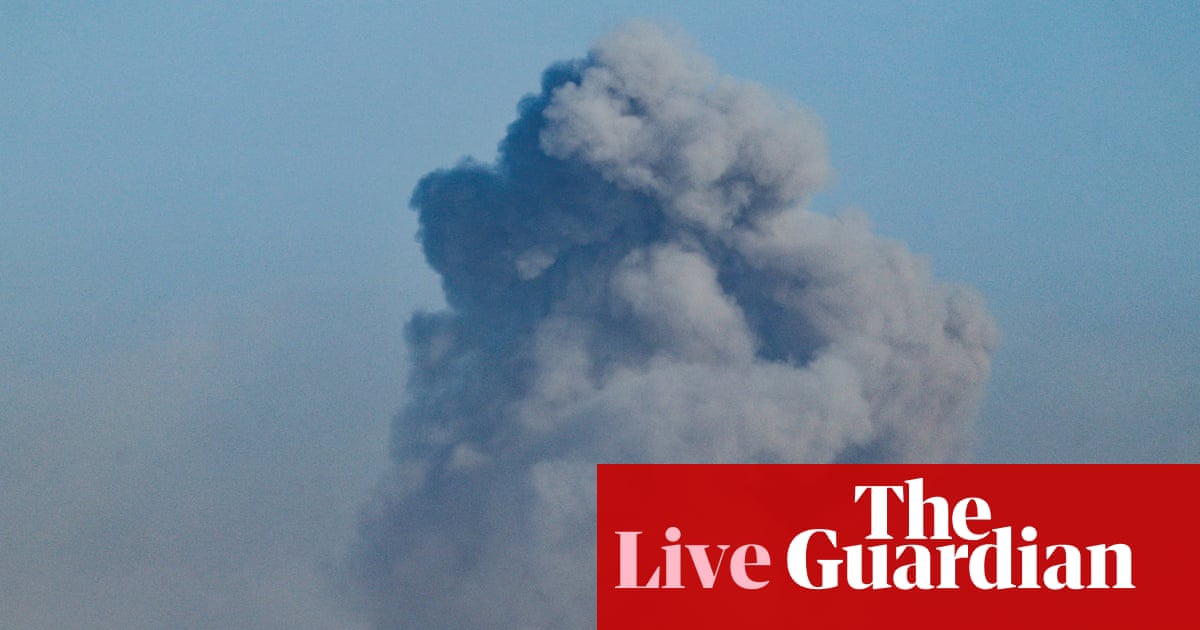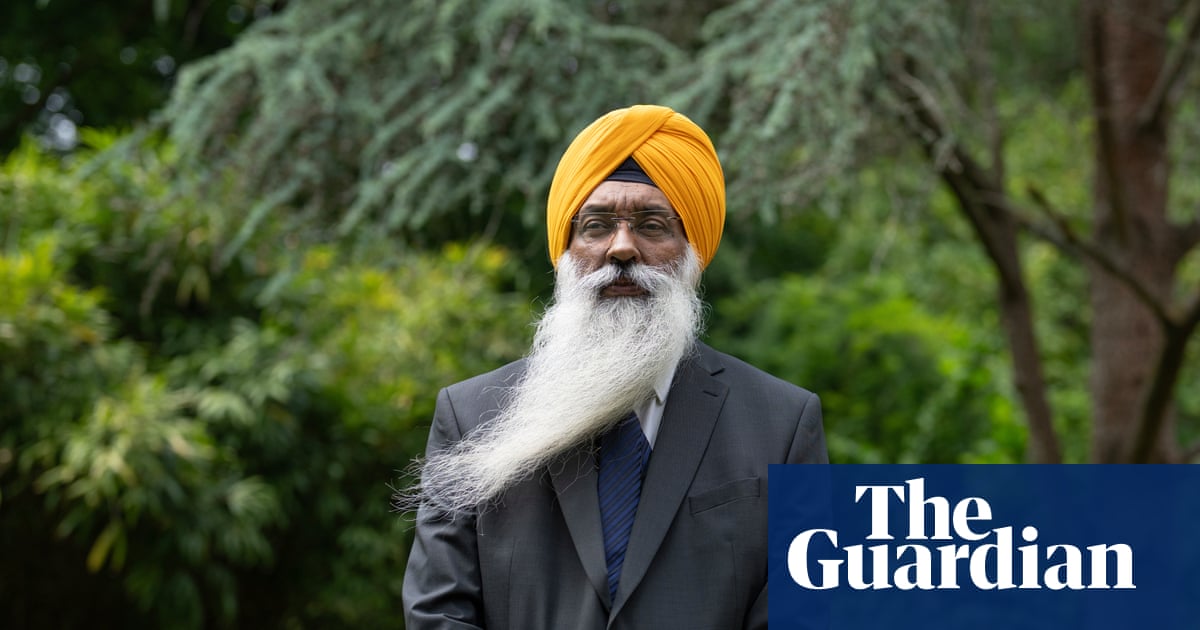London, 2027: Claire and Dan fall in love while preparing carbon-tracking reports. In 1856 New York, Eunice Foote discovers the greenhouse effect, but her breakthrough is dismissed because of her gender and status as an amateur scientist. And in a seed vault on Svalbard in 2100, pregnant Ana is waiting for a freak weather event to end so that she can go home and give birth in a safe, clean hospital.
Spanning a quarter of a millennium, Flora Wilson Brown’s The Beautiful Future Is Coming interweaves these three narratives into a conceptually dexterous examination of motherhood and climate anxiety. With each scenario seemingly haunted by absent children, Wilson Brown asks what it might take, and what it might promise, to bring a child into an increasingly ecologically inhospitable planet.

Lucidly directed by Nancy Medina, stage action fluidly shifts back and forth between each period and there is an effective – if subtle – change in acting registers between each setting. In order of chronology, Phoebe Thomas as Eunice, Nina Singh as Claire, and Rosie Dwyer as Ana, are all persuasive and authoritative anchors to their respective epochs. Michael Salami as Dan, in what is the most fleshed-out of the male roles, also impresses. Staged on Aldo Vázquez’s set of sliding storm-dappled panels, Ryan Day’s lighting and Elena Peña’s sound design, in particular, successfully bind the play’s expansive time frame within single and often striking stage images.
Each of its tripartite scenarios contains a compelling dramatic proposition, all individually pressing and prescient in different ways. However, when condensed into a single one-act play, thematically overlapping without wholly coalescing dramatically, it is inevitable that narrative development is circumscribed, restricting the dramatic stakes. Both the individual and culminative endings feel somewhat surprising and perhaps too readily optimistic.
As Wilson Brown noted in a recent interview, holding on to a sense of hope is entirely necessary within narratives that seek to address the terror of climate change. Despair only precipitates inaction and one admires the quiet radicalism of daring to be easily hopeful, even if it is not wholly dramatically satisfying. If only the climate emergency, too, could be solved by a deus ex machina.

.png) 3 months ago
98
3 months ago
98

















































